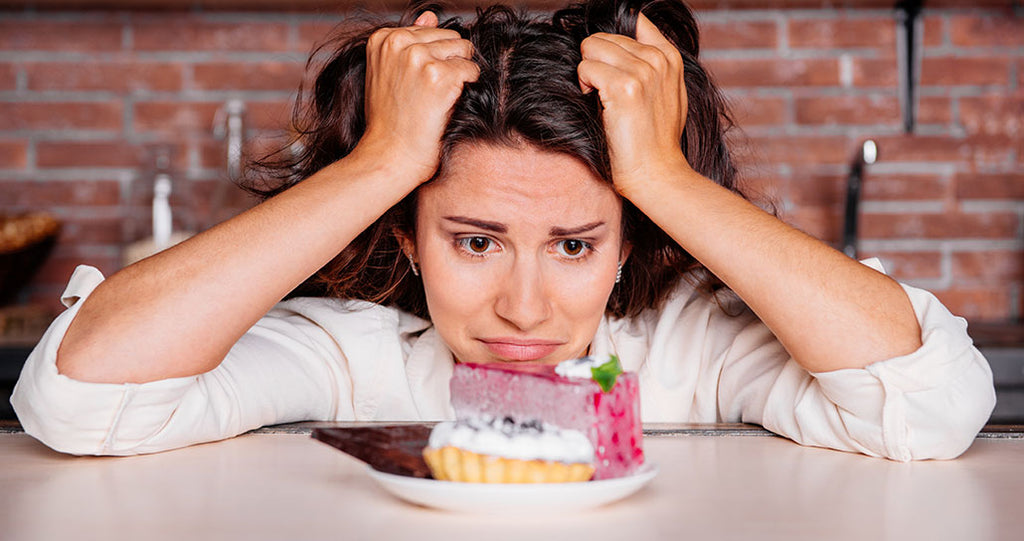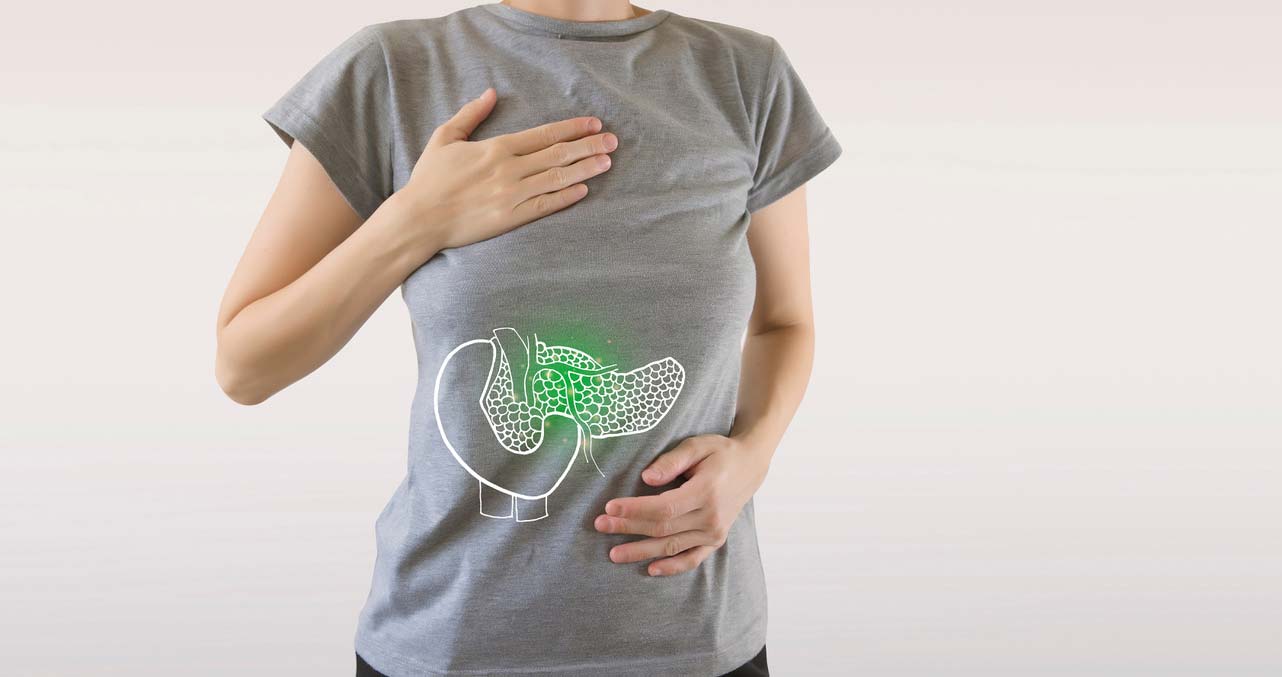Conquering Candida: Natural Approaches to Regaining Balance

What is Candida Albicans?
Candida albicans is a yeast (type of fungus) that likes to mostly hang out in the digestive tract accompanied by trillions of other microbes. It can also be found in the skin, mouth, throat, and vagina. In small amounts, this fungus is part of a healthy gut microbiome and can live in the body without causing any problems. However, some factors, such as the use of antibiotics, can disrupt the microbiome's balance. When this happens C. Albicans is known to run rampage and grow unchecked. An overgrowth of Candida causes a type of yeast infection called Candidiasis which can affect different parts of the body and can also bring forward a list of unwanted symptoms.
What causes Candida Overgrowth?
Candida overgrowth occurs when healthy bacteria levels are disrupted or when the immune system is compromised. Here are some factors that can lead to overgrowth:
- Antibiotics
- Contraceptives
- Diet high in sugar and refined carbs
- Weakened immune system
- Diabetes
- High levels of stress
- Excess alcohol
Infections Caused by Candida Albicans
Candida albicans has the ability to colonize almost any organ or tissue in the body making it a serious threat for invasive infections. Superficial infections can affect the mouth, skin, and vagina while invasive and more serious infections can affect the nervous system, bones, and vital organs. Invasive infections occur when C. albicans enters the bloodstream.
Thrush or oropharyngeal candidiasis: This type of infection affects the mouth or throat. People who wear dentures, have diabetes, have cancer or HIV/Aids, smoke, or take certain medications such as corticosteroids, are at higher risk of developing thrush. Newborns are also susceptible. Symptoms of oral thrush may include:
- White patches on the inner cheeks, tongue, roof of the mouth, and throat.
- Redness or Soreness
- Loss of taste
- Pain while eating or swallowing
- Cotton-like feeling in the mouth
- Cracked corners of the mouth
Esophageal candidiasis: This infection affects the esophagus. Esophageal candidiasis is not very common and is usually seen in individuals who have weakened immune systems due to HIV/AIDS or certain cancers such as leukemia.
Vaginal candidiasis: Vaginal candidiasis, or a yeast infection, affects the vagina. Women who are pregnant, use oral contraceptives, take antibiotics, have diabetes, or have a weakened immune system are more susceptible to infection. Symptoms may include:
- Itchiness
- Soreness
- Abnormal discharge
- Pain or discomfort when urinating
- Pain during sexual intercourse
- UTIs
Candidemia: This is the most common invasive candidiasis infection which can affect the heart, eyes, brain, bones, and other parts of the body.
Beyond the Infections
Candida albicans can cause all sorts of symptoms throughout the body, not just symptoms directly associated with infections. William G. Crook, M.D., in his book, The Yeast Connection, talks about how yeast overgrowth can make you feel “sick all over” and cause an array of symptoms. He theorizes that yeast can release toxins into the body which weakens the immune system. A vicious cycle then begins between yeast, toxins, the immune system, external factors, and symptoms.
Symptoms of Candida overgrowth may include but are not limited to:
- Fatigue
- Allergies or intolerances
- Headaches
- Depression
- Impotence
- Infertility
- Skin Problems
- Constipation or diarrhea
- Bloat
- Feeling “spaced out”
- Muscle and Joint Pain
- Irritability
- Memory Loss
- Numbness or Tingling
- Prostatitis
- Hives
He further explains that while Candida albicans is not the direct cause of certain diseases such as Psoriasis, Arthritis, Crohn’s Disease, and Hypoglycemia, there is growing evidence that some of these disorders may be yeast-connected.
Dr. Crook created a questionnaire that can help you determine if you may be affected by Candida albicans. Questions are regarding your medical history and health symptoms. Once you tally up your score you can determine if you’re likely to be affected by Candida.
How to Conquer Candida Albicans
Conquering Candida is no easy task and will take consistent lifestyle changes. Depending on the severity of Candidiasis, prescribed medication may be needed. Natural supplements are also a great way to support your journey against candida.
The “Candida Diet”
The connection between diet and candida is crucial. Certain foods can promote candida overgrowth and trigger inflammation making symptoms worse. The “Candida Diet” is a restrictive low-sugar and anti-inflammatory diet that may help alleviate symptoms of candida and restore gut balance. Here are some foods to avoid and some to incorporate in your diet:
Foods to Avoid:
- Sugar and sugar-containing foods (e.g., Cookies, syrup, ice cream)
- Junk food (e.g., Fast food, chips)
- Gluten- naturally found in barley, wheat, and rye and is found in pasta, bread, pizza, etc.
- Processed & packaged foods (cereal, soda, cookies)
- Yeast- Can be found in bread and pastries
- Alcohol
- Fruits (avoid fruit for 3 weeks then slowly add them back into your diet)
- Processed meats (e.g., Bacon, ham, bologna, etc.)
Foods to Incorporate:
- Meat
- Fish
- Chicken
- Vegetables (e.g., Broccoli, cabbage, Brussels sprouts & limiting starchy vegetables such as potatoes, corn, and squash)
- Whole grains, wheat, brown rice, oats & barley
- Unprocessed nuts, seeds, and oils
- Water or sparkling water
The candida diet is pretty restrictive and can be challenging to stick to. It is advised to follow the diet for at least 3 weeks and slowly start reintroducing certain foods into your diet. Of course, unhealthy foods will have to be eaten in moderation indefinitely since candida overgrowth can be a recurring problem.
Anti-fungal Supplements for Candida
The candida diet works best in conjunction with natural dietary supplements. Certain anti-fungal supplements can naturally promote reduced candida overgrowth with their anti-fungal properties.
Anti-Candida Complex™ is a unique blend of herbal extracts, minerals, and enzymes. Odorless garlic extract promotes anti-fungal and anti-microbial activity to stop the growth and spread of candida. Additional ingredients support the digestion and assimilation of food to help balance intestinal flora.
Garlic 3000™ contains ajoene, a powerful anti-fungal agent. Garlic assists in slowing down the growth of Candida albicans, the fungus that leads to thrush and yeast infections.
Caprylic Acid is a medium-chain fatty acid that is found in coconut oil. It is believed to promote potent antibacterial, antifungal, and anti-inflammatory effects. Some research has found caprylic acid to be just as effective, if not more, than prescribed medications for fungal infections.
Oregano Oil contains thymol, which promotes antifungal effects and may assist in alleviating Candida fungal infections such as oral thrush, athlete’s foot, and yeast infections. Some studies have found that oregano may be just as effective as traditional antifungal medications.
Probiotics+™ contains 40 billion active microorganisms to promote optimal intestinal microflora health. Probiotics+™ contains strains such as lactobacillus acidophilus, lactobacillus rhamnosus, and bifidobacterium bifidum as well as prebiotic support with organic inulin and FOS (fructooligosaccharides).
Medical Treatment for Infections
Candidiasis in the mouth, throat, or esophagus can be treated with antifungal medicine. Your doctor may prescribe medications such as clotrimazole, nystatin, miconazole, or fluconazole for more severe infections. For vaginal candidiasis, treatment may include medicines such as boric acid, nystatin, or flucytosine that are applied inside the vagina.
Lifestyle Changes
Conquering candida will also include some lifestyle changes. Incorporate daily exercise, avoid alcohol, avoid chemicals, and stop smoking for optimal results.
Candida overgrowth is a very underrecognized condition that may be affecting millions of people. If you suffer from unexplained symptoms and a general feeling of being “sick all over” it may be time to consider candida albicans as the culprit. The Candida Questionnaire by Dr. Crook is a great starting point. Changing your lifestyle habits, modifying your diet, and incorporating natural anti-fungal supplements will have you on your way to success!
Your Hispanic American Health Store
Health Hispanica® is a Hispanic-American health store specializing in supplements from Hispanic-American-owned brands such as Natura-Genics® and Yerba Farma®. We strive to provide quality and innovative supplements at fair prices and educate our clients and community on healthy living.
The statements above have not been evaluated by the Food and Drug Administration (FDA). This product is not intended to diagnose, treat, cure, or prevent any disease.



Leave a comment